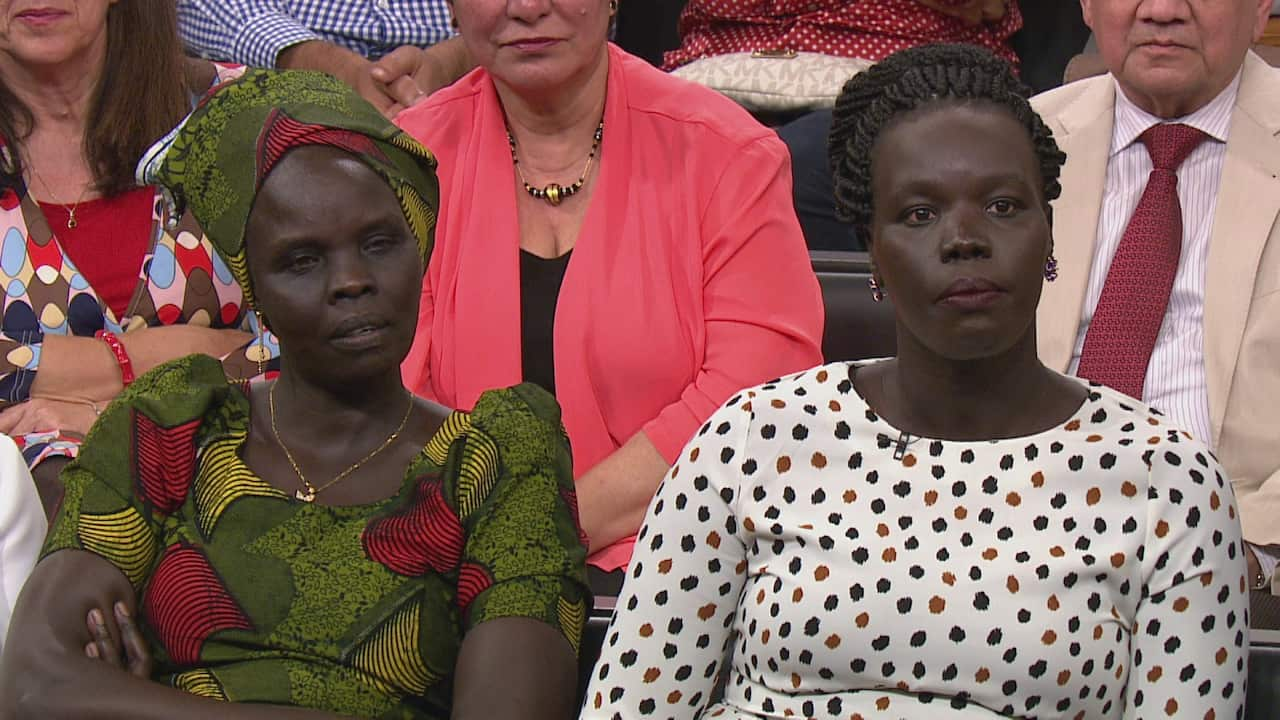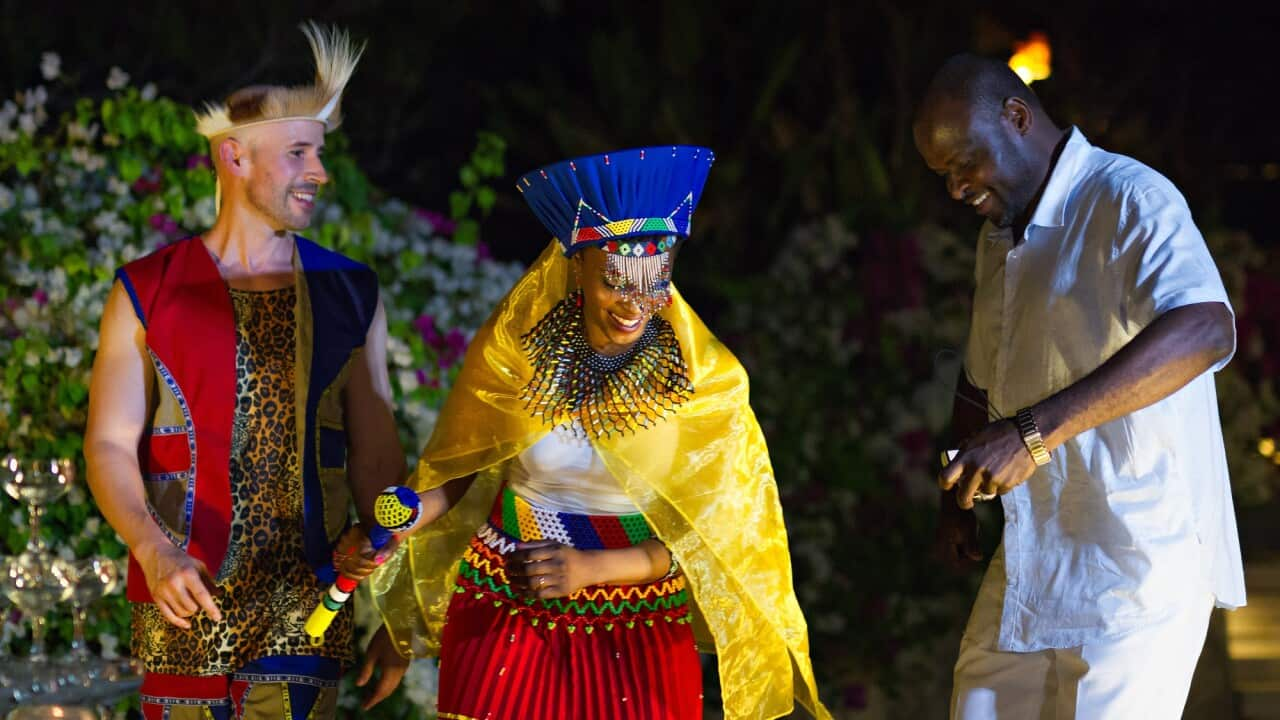'Who will marry you?' Growing up, I was often asked and heard other young women being asked this question, but it was not a question; it was an expression of a grave disappointment. As a Nuer woman, it was assumed I would be married, and to be asked that question meant I had upset that assumption.
To be married meant only one thing according to the Nuer’s of South Sudan: it meant a man was willing to give up a large part of his wealth to marry you. Elders, predominantly men of the two families to marry, negotiated how much you were worth. The negotiations took hours, sometimes days, before a figure was settled on. In the past, and occasionally at present, the dowry was paid in cows. Presently, the dowry is monetary.
Over the years I have heard differing reasons why dowry was paid. Some say it was given to the bride’s family as a gift or appreciation for raising the bride. Others suggest that it was compensation for taking away the girl from her family as she, upon marriage, was considered to be a member of the groom’s family, clan or tribe. Others thought it was quid pro quo; simply, it was paid in exchange for a wife.
What I find to be most revealing is not why a dowry is paid but the consequences that flow from such a payment. According to Nuer laws, a married woman not only ceased to be a member of her family or tribe, but she also had no recognisable claim to children upon a divorce. In the past, her husband was automatically entitled to her earnings and she could be inherited when he died. Perceived in this way, it seems inescapable that dowry, at least to some extent, was payment in exchange for a woman. It was not a gift.
What I find to be most revealing is not why a dowry is paid but the consequences that flow from such a payment.
Even as a young girl I was conflicted about the worth of the Nuer dowry system and the consequences of maintaining the practice. I believed that the custom of paying dowry fed into the large patriarchal system of the Nuer people in a manner that led to dire consequences for women and girls. As it was possible to see how dowry reduces women to property, it was not far fetch to link the payment of dowry to violence against women.
Further, I believe that for some parents, the payment of large sums of money for dowry provided an “economic incentive” to pull young girls out of school. That is what happened to my mother. She was forced to marry my father at the age of 16. In addition to the many wrongs she suffered, she was denied an education. Unfortunately it appears much has no change. South Sudan, according to The United Nations International Children’s Emergency Fund (UNICEF), is among the top ten countries with the highest rates of child marriages. More than 50 per cent of girls are married before the age of 18.
As I grew older, my struggle with accepting the dowry tradition only intensified. The conflict was not only a matter of intergenerational differences between my generation and the past generations, it also reflected the influences of my migration history. Though I am South Sudanese by ethnicity, I was born in Ethiopia, grew up in Kenya, and arrived in Australia at the age of eighteen. I have been living in Australia for 12 years. All these factors informed the kind of a woman I identify as and provided additional reasons for opposition the dowry practice. Whatever my Nuers roots compelled me to be, I was no longer only Nuer.

By the time I got married, I had not come to terms with the tradition of dowry. Despite it, my husband paid a dowry. I had contemplated resisting the practice and had thought extensively about what to do.
As a young woman educated in Australia I could have taken a different path. I had choices. I could have moved in with my husband and started a family. As a Nuer woman, this would have meant abandoning an important aspect of my cultural identity. It would have been a great insult to my elders, especially my mother.
Above all, it would have been extremely selfish. I would have embarrassed my mother and denied her an opportunity to celebrate my wedding in the manner in which she was brought up and in the only way she understood. Also, I may have taken away from my husband’s right to a traditional custom that he has no difficulties practicing. Whatever the Australian in me stood for, I had to accept I was not only Australian.
A version of this article originally appeared on Mamamia.
Further reading

How are dowry customs evolving in Australia?
Insight is Australia's leading forum for debate and powerful first-person stories offering a unique perspective on the way we live. Read more about Insight
Have a story or comment? Contact Us


